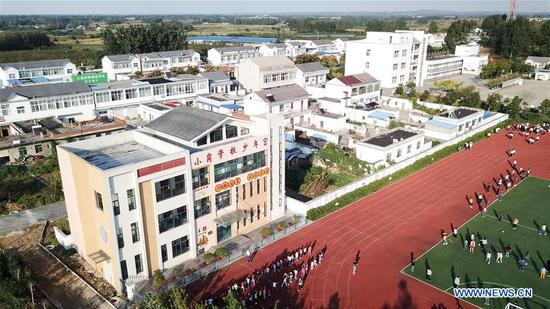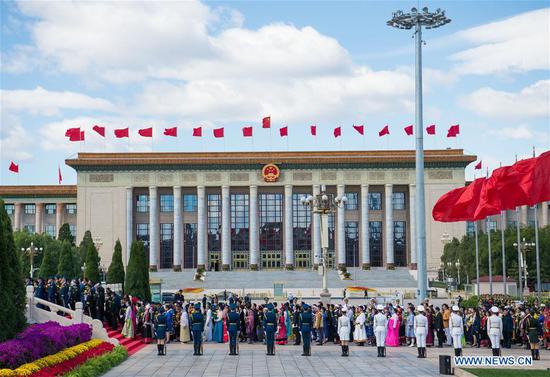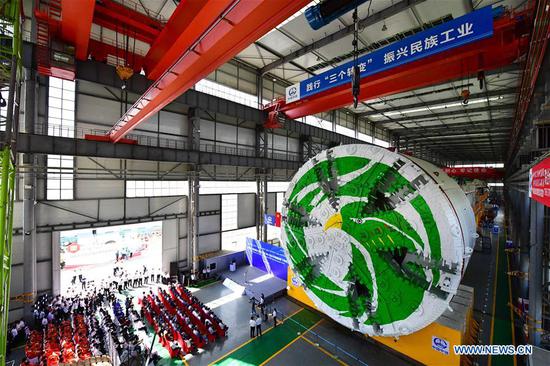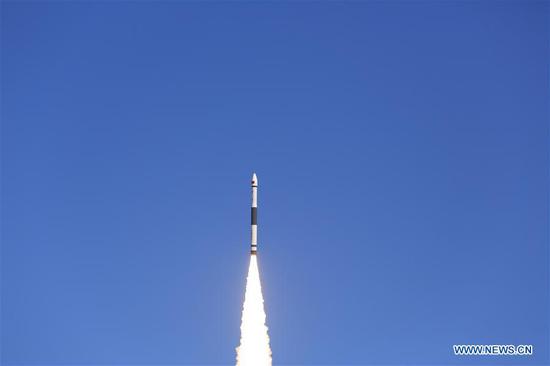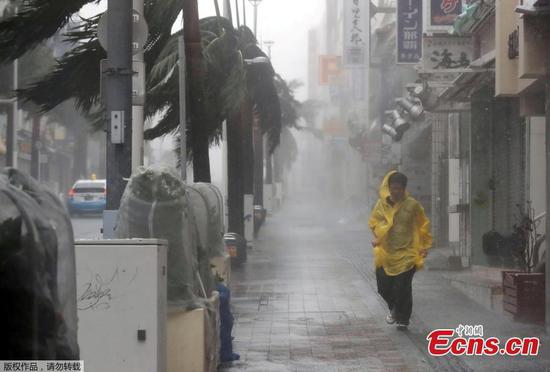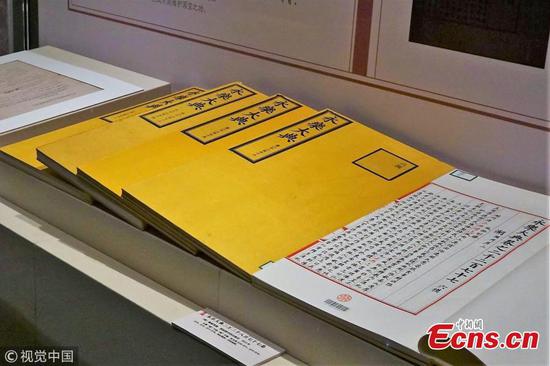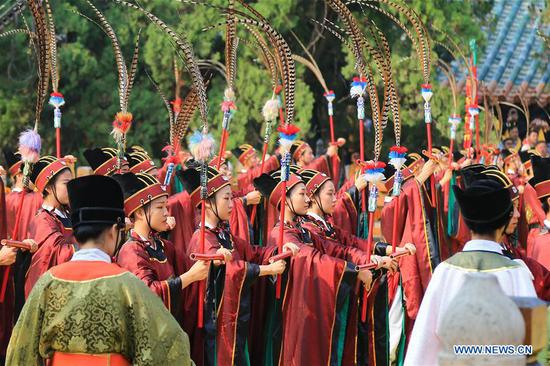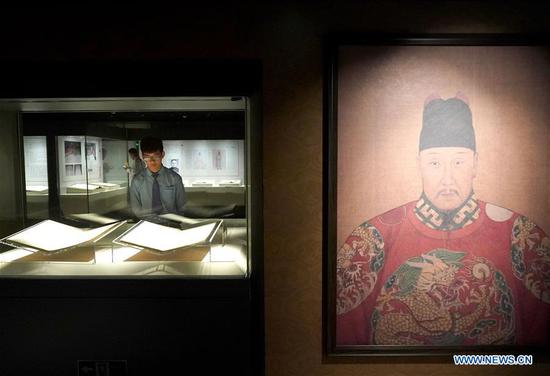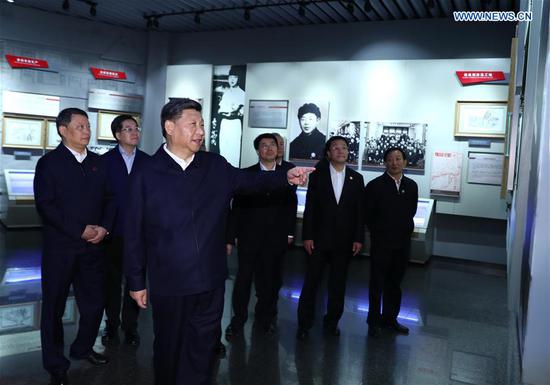China's personal income tax threshold will increase from 3,500 yuan ($510) to 5,000 yuan starting Oct. 1, while the revised Individual Income Tax Law will go into effect on Jan. 1, 2019, according to a notice released by the Ministry of Finance and the State Administration of Taxation earlier in September.
The new tax rate schedule will also take effect on Oct. 1, which expands the tax brackets to 3 percent, 10 percent and 20 percent to let more people have lower tax rates. Taxpayers who earn less than 20,000 yuan a month will have a tax cut by over 49 percent, and for those with monthly salaries of 30,000 to 100,000 yuan (after the deductions of endowment insurance, unemployment insurance, medical insurance and provident fund) will see a cut from 7.8 percent to 36.1 percent, reported The Economic Observer.
Tax burdens will be further alleviated with special deductions set to be implemented next year. Children's education, continuing education, severe illness expenditures, housing loan interest and housing rent as well as support for the elderly can be deducted before taxation.
The special deduction items will not be fixed, but rather dynamically adjusted with socioeconomic development and the improvement of people's living standards, said Premier Li Keqiang at a State Council executive meeting.
Wages and salaries, remuneration for personal service, author remuneration and royalties will be included into comprehensive taxation next year, a new calculation system focusing on taxing annual income.
The individual income tax in China reached about 1.2 trillion yuan last year, the third-largest contributor to the total tax revenue after the value-added tax and enterprise income tax.










